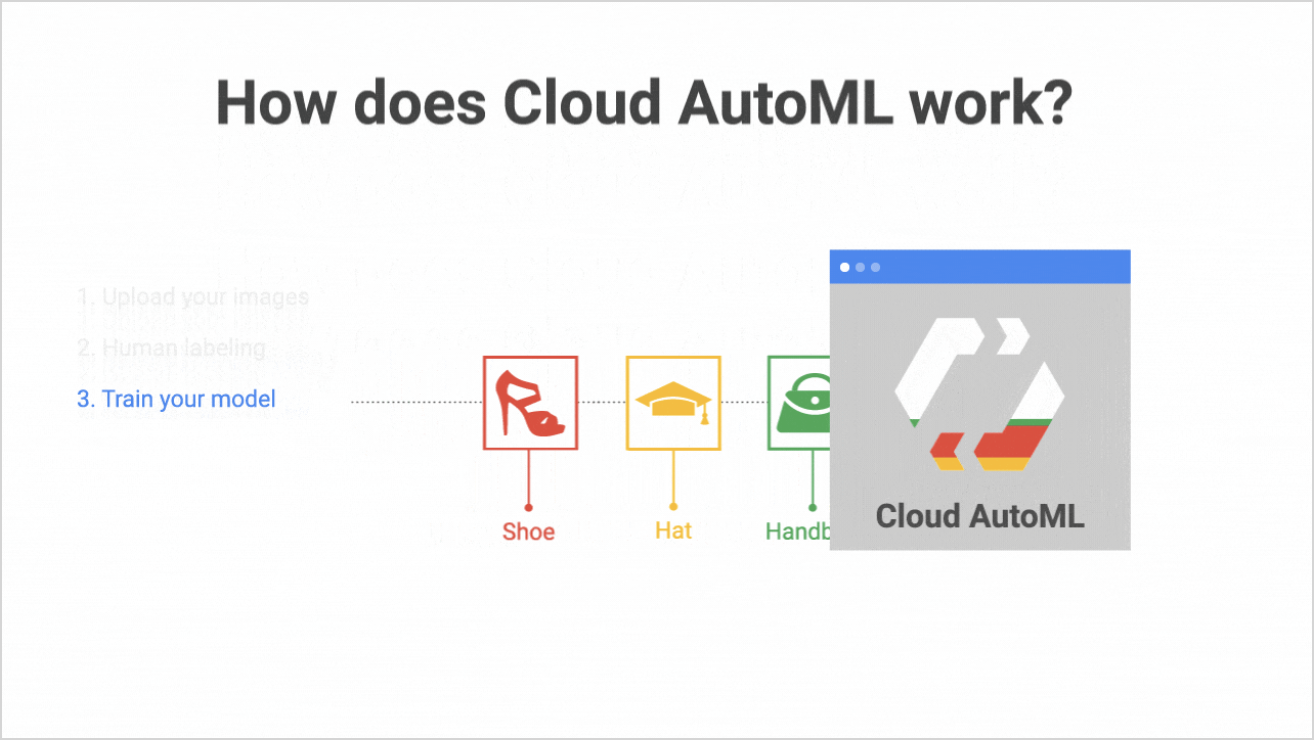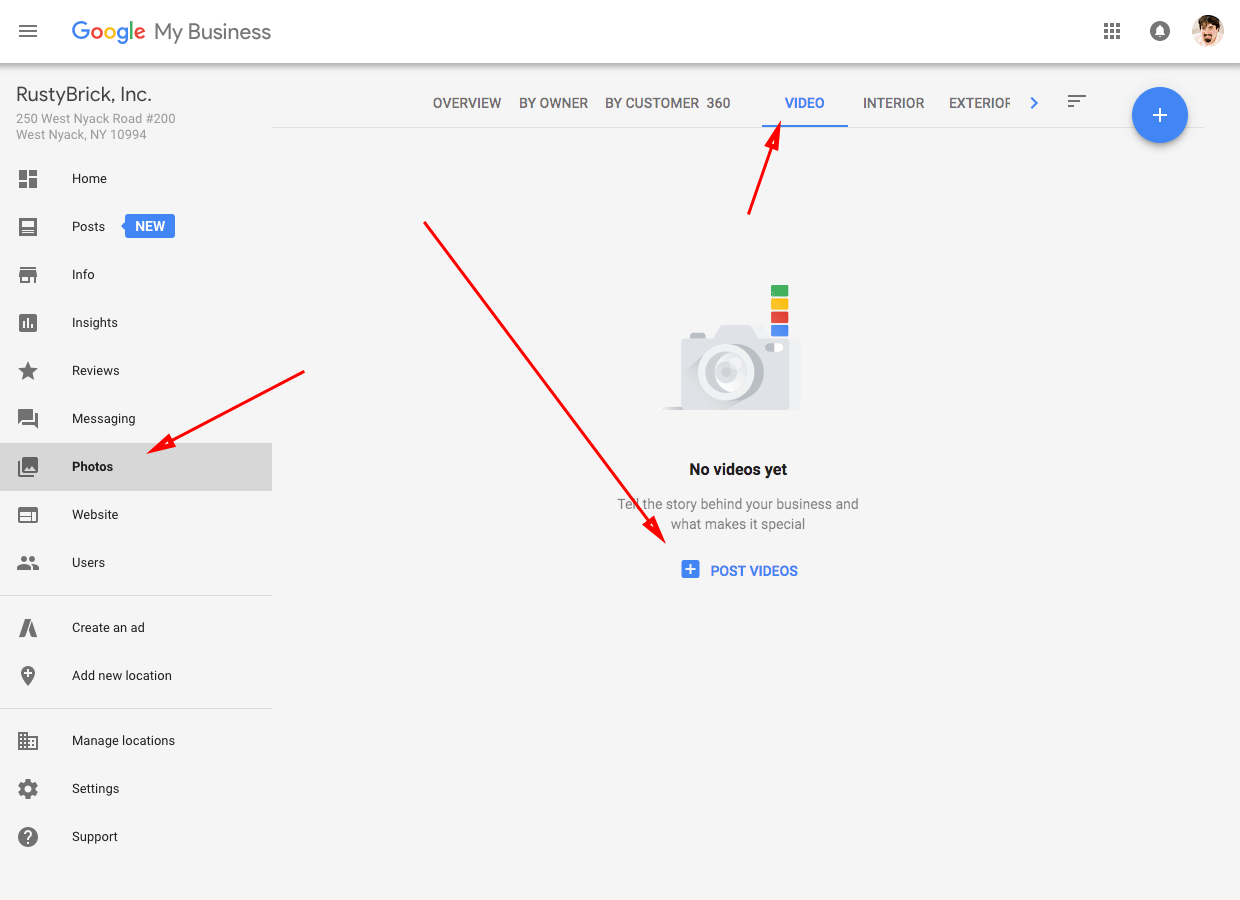Week three of January is nearing its end, and that means three things: Cold weather, broken New Year’s resolutions and the Content Marketing Weekly. The CM Weekly is our roundup of all the week’s biggest news in SEO, content marketing and martech.
This week, artificial intelligence and Google stole the spotlight. From a new video feature on Google Maps to a self-service machine-learning tool, the Mountain View monster cleaned up.
Let’s dive into the details.
Google’s AutoML Lets You Train Custom Machine Learning Models Without Having to Code
Google may have just disrupted machine learning.
On Jan. 17., TechCrunch reported on AutoML, a cloud-based service that helps developers with no machine-learning experience train their very own custom image-recognition algorithms.
Through a simple drag-and-drop interface, users can contextualize visual information that can be used to enhance search results on their websites or applications, all without knowing a single line of code.

For now, AutoML is limited to image recognition, but TechCrunch anticipates the service to extend to other areas including speech, translation, video and natural language recognition in the near future. These self-service machine-learning capabilities will vastly expand marketer’s repertoire of content presentation tools.
Machine learning by the people, for the people, brought to you by Google.
The Google Speed Update: Page Speed Will Become a Ranking Factor in Mobile Search
Google has the need, the need for speed.

Starting in July, Google will use mobile page speed as a ranking factor. According to Search Engine Land, “Speed Update” will affect a very small percentage of queries and is primarily targeted at mobile sites that “deliver the slowest experience to users.”
For the time being, Google recommends using its PageSpeed Insights tool to measure page speed and make any necessary adjustments.
For more information about how the algorithm update will affect websites, click here.
Google My Business Video Uploads Now Available to Business Owners
A few weeks ago, a new video upload feature mysteriously appeared in the Google My Business dashboard. After much ado, Google confirmed the new feature in a Jan. 12 blog post. It’s official then: Google My Business users can now upload videos 30 seconds in length or less to display in the Google Maps search listings, as well as in local web search results.
Customers will also be able to upload videos for review. Merchants will soon have the ability to flag inappropriate materials, and mobile support is forthcoming.

To navigate to the video-upload section, click on the “photos” tab in the Google My Business dashboard, and then select “Post Videos” toward the top of the page. The rest is fairly self-explanatory, making it relatively easy to post video content to appear on Google Maps and in local SERPs.
SEO Trends and Google Changes to Expect in 2018
The new year means new things to come in the world of SEO and content marketing, and who doesn’t love a good prognostication?
Last Friday, Search Engine Land contributor Pratik Dholakiya shared his take on the year ahead by predicting, among other things, the following:
- Fake news algorithm updates: Google’s Panda algorithm has been hard at work penalizing spammy or low-quality content, but what about content of questionable accuracy? 2018, according to Dholakiya, could be the year that Google makes “truthfulness a ranking factor.”
- More AI?: Google’s use of AI in search processing began in earnest with RankBrain, which has now been active for about two years. As Google’s exploration of AI deepens this year, Dholakiya doesn’t anticipate a long-term impact on SEO strategies, but he does warn of search engines to “start behaving in less predictable ways.” We’ll keep a close eye out for this.
- An interstitial intervention: Intrusive mobile ads are notorious for degrading user experience, and Google knows it. Last year it introduced the mobile interstitial penalty. This year we may well see Google take that measure a step further.
To see the rest of Dholakiya’s predictions, read the full story here.
Artificial Intelligence (AI) Adoption Grew Over 60% in the Last Year
Today we close out with a reminder that the future is in fact here.

In 2017, 61 percent of enterprise respondents said they used AI to some capacity within their business, according to a new report from Narrative Science. This represents a marked increase over last year.
Given this report, Google’s announcement of AutoML and Dholakiya’s prediction of AI’s growing role in Google search results in 2018, we feel emboldened to make a prediction of our own: That no form of technology will have a greater impact on marketing in the year ahead.
Of course, it’s early in the year, and time has been known to make fools of us all. For now, we’ll hold our breath.
At least until next week, that is.





